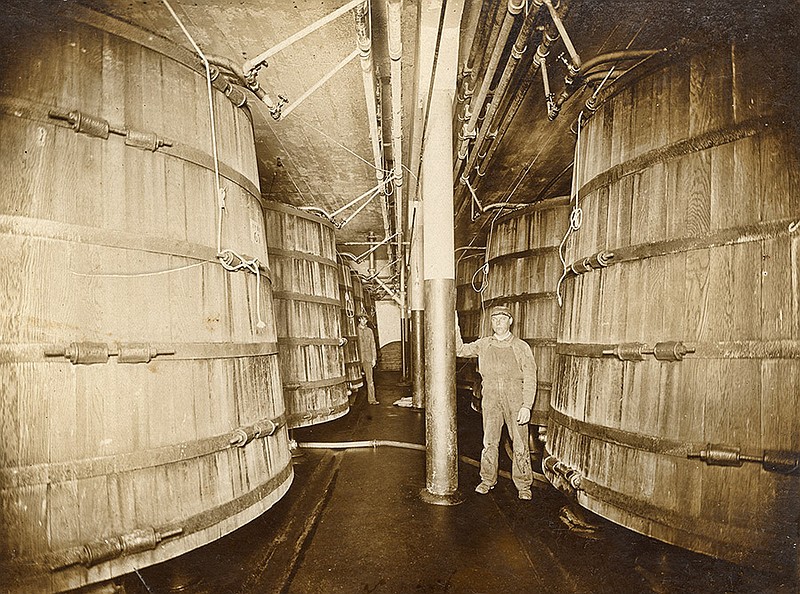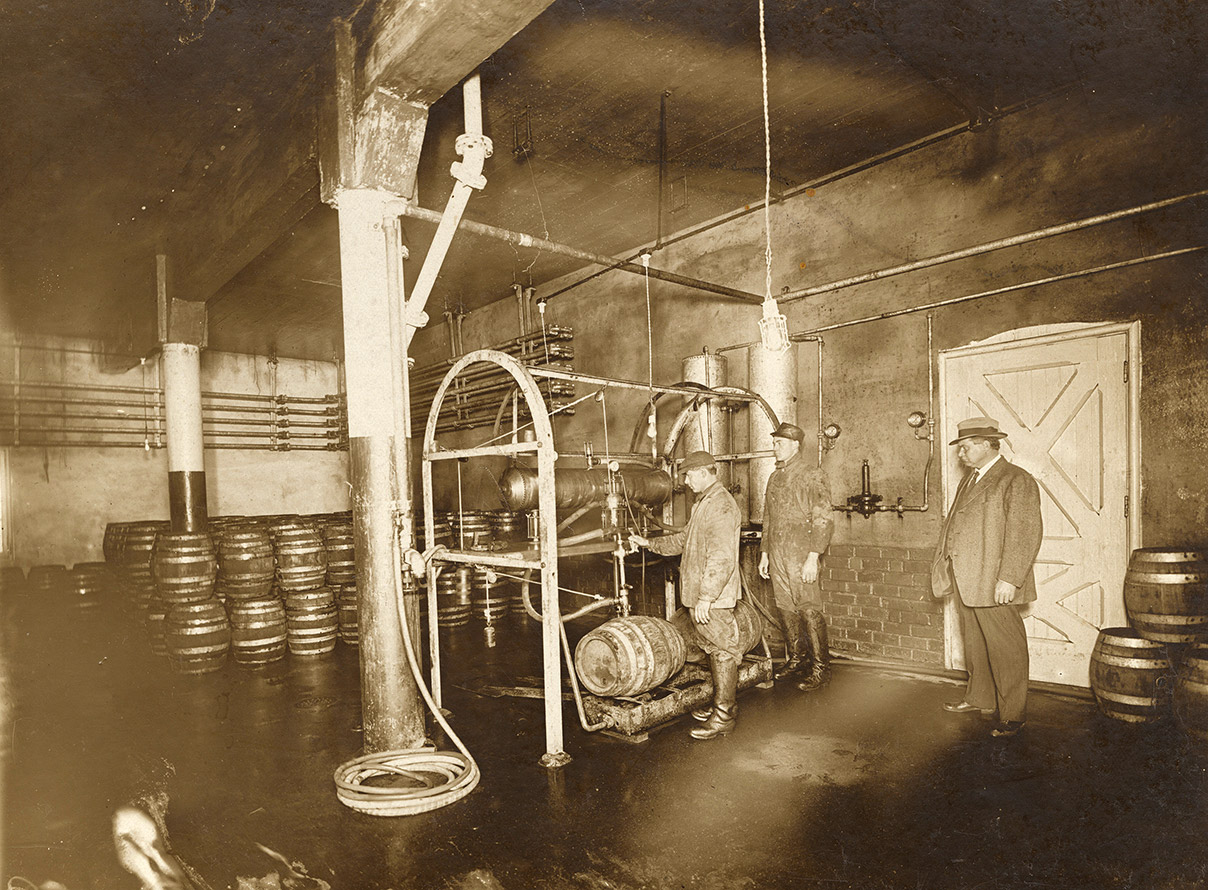Little Rock today is home to a number of well-known breweries. But back in August 1898, when the Little Rock Brewing & Ice Co. opened its doors, it was the only brewery in the entire state of Arkansas.
Founders John Doyle of Richmond, Va., and Philip Hildenberger of Philadelphia had both been brewers in their hometowns. They successfully petitioned the city of Little Rock for a donation of $2,500 to help remodel the vacant Quapaw Cotton Mills property into a brewery and ice plant. By 1898, the buildings had been vacant for several years. They were ideal, however, for use by a brewery interested in using a gravity-fed brewing process. Importantly, the Quapaw Mills plant was only a couple of blocks from the Arkansas River and a railroad depot, the major shipping options of the day. The brewery opened on Aug. 19, 1898, with a huge celebration. Little Rock beer was on sale at local taverns the next day. The brewery could also produce over 30 tons of ice a day.
Two St. Louis brewers that had expanded their markets considerably were Lemp and Anheuser-Busch. Both brewers had various railroad depots where fresh ice could be packed onto their beer-carrying rail cars. The Little Rock Brewing & Ice Co. had been open for less than two years when Anheuser-Busch bought a city block directly east of the brewery for a cooperage plant to employ 300 making kegs. Anheuser-Busch also bought two lots along the Arkansas River, including a private wharf. While these plans were being developed, Doyle and Hildenberger were negotiating the sale of their new brewery to the St. Louis behemoths. The purchase papers were signed on April 10, 1900, with a reported price of $125,000.
The new owners kept the name Little Rock Brewing & Ice Co. Major stockholders were W.J. Lemp, Adolphus Busch, Louis Lemp, August A. Busch, Nicholas Kupferle and Herman Reidel. Kupferle, a Little Rock businessman, was appointed president of the brewery. Reidel, also a local businessman, was named secretary/treasurer.
Nicholas (Nick) Kupferle was a banker before he took over as president of the brewery. Born in 1841 in Baden, Germany, Kupferle immigrated to the United States in 1856, settling in St. Louis, where he was a carpenter. When the Civil War broke out, Kupferle volunteered for the Union army and was severely wounded at the Battle of Shiloh in April 1862. He was hit by a bullet to the back of his neck, a wound that would affect him the rest of his life. He moved to Little Rock in 1870, where he opened a saloon and later operated a wholesale liquor, beer and wine distributorship and ice depot. He became a director of the First National Bank in Little Rock and was elected vice president in 1882; he later served two terms as a city councilman. He was a director and vice president of the Bank of Commerce at the time he joined the Little Rock Brewing & Ice Co.
A new superintendent -- Emanuel Schnaider of Columbus, Ohio -- was hired in 1901. He had brewed beer for the Hoster Brewing Co. in Columbus for over 20 years. Beer sales rose by 40% within a year, and a new brand, Baren Brau, was introduced. Soon, the ice plant increased its output, and another new brand, Pilsener Extra Pale, was made. Major improvements were undertaken, including a massive new mash kettle, a new bottling line, and a keg cleaning machine in 1902.
Kupferle died at age 62 on May 9, 1902. The Prohibition politics of the era were soon to change things. The Woman's Christian Temperance Union (WTCU) was gaining strength across the country. In 1915, the Arkansas General Assembly passed the Newberry Act, banning the manufacture and sale of alcohol in the state. By this time, the Little Rock brewery was more dependent on ice sales than beer. The brewery was able to hang on making ice until 1925, when the corporation was dissolved.
Ice manufacturing at the plant did not end, however. The Southern Ice Co. took over the ice plant and remained there until 1965. That year, the ice company shared the buildings with the Safeway Grocery Co., which made ice cream there. By 1980, Southern Ice had left, and the building was vacant, later to be demolished. Today, the site is part of a parking lot adjacent to the William J. Clinton Presidential Center and Park in Little Rock.
-- Kenn Flemmons
This story is adapted by Guy Lancaster from the online Encyclopedia of Arkansas, a project of the Central Arkansas Library System. Visit the site at encyclopediaofarkansas.net.


